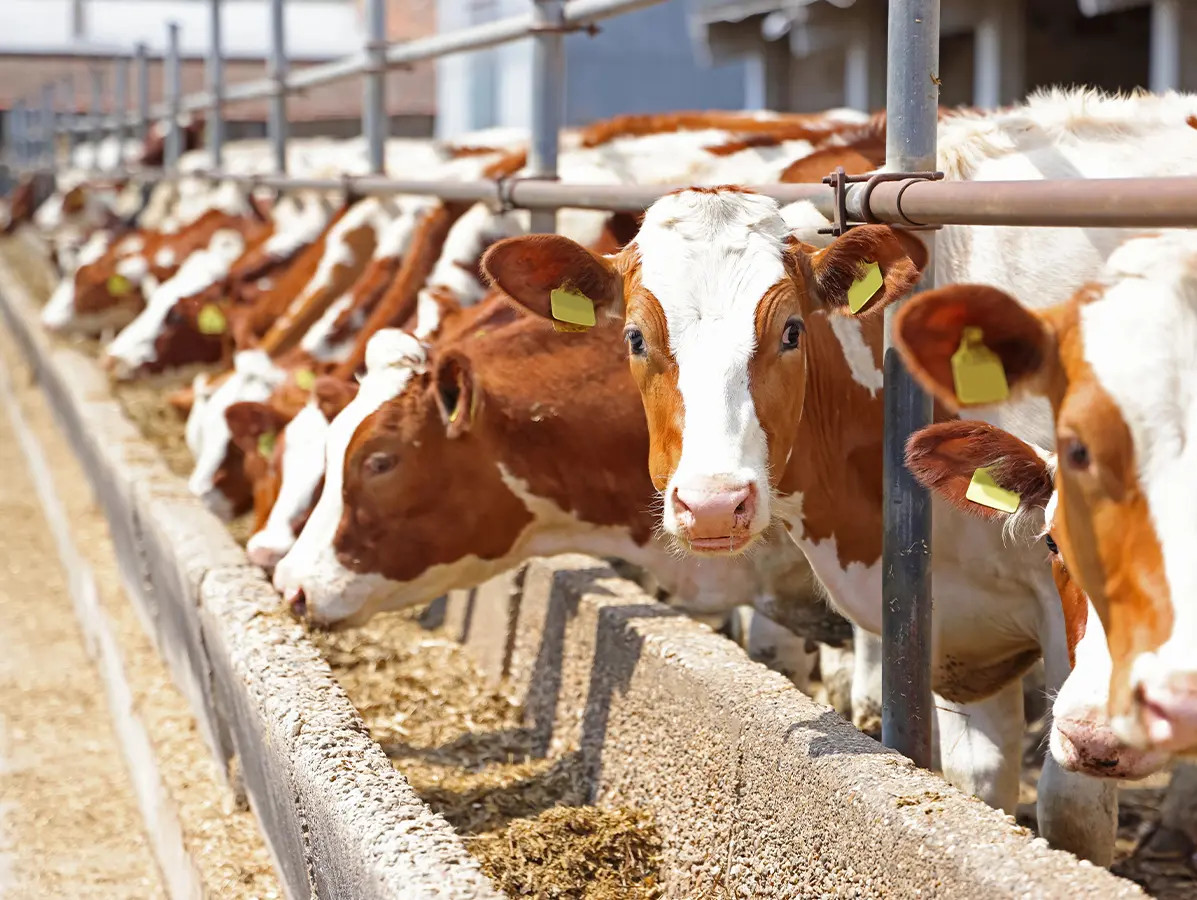
The Belgian dairy industry finds itself in a difficult position. While policymakers voice good intentions about the importance of agriculture and industry, concrete action remains lacking. At the same time, milk deliveries are falling, and uncertainty is growing for both dairy farmers and processors. BCZ raises the alarm: without solid and well-considered policies, the sector risks losing its strength.
The past few years were economically favourable for dairy farmers, largely thanks to high milk prices driven by strong global demand. Still, this momentum hasn’t halted the structural decline in the number of farms. In 2024, another 244 dairy farmers ceased operations—a drop of 4.1%. Today, 55% of farms are run by people over the age of 55, most of whom have no successor. Contributing factors include increasing administrative burdens, legal uncertainty, and limited access to farmland.
The impact is felt across the chain. In 2024, total milk volume dropped by 34 million litres to 4.35 billion litres. This decline hits processors hard, as their facilities are designed for higher volumes. Less milk means reduced efficiency and profitability. The sector’s net margin had already fallen to just 1.03% in 2022. Still, further investment in sustainability remains essential—adding even more pressure.
The Belgian dairy industry accounts for €7 billion in turnover and over 6,000 jobs. According to BCZ, it’s time to translate the strategic importance of dairy farming and processing from policy papers into legal certainty and a coherent long-term framework.
Source: BCZ